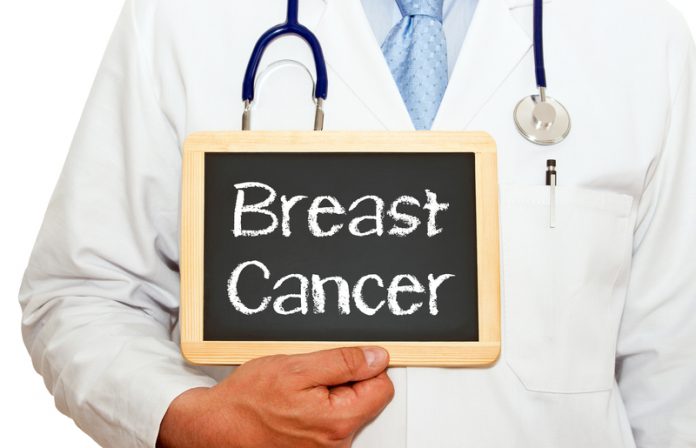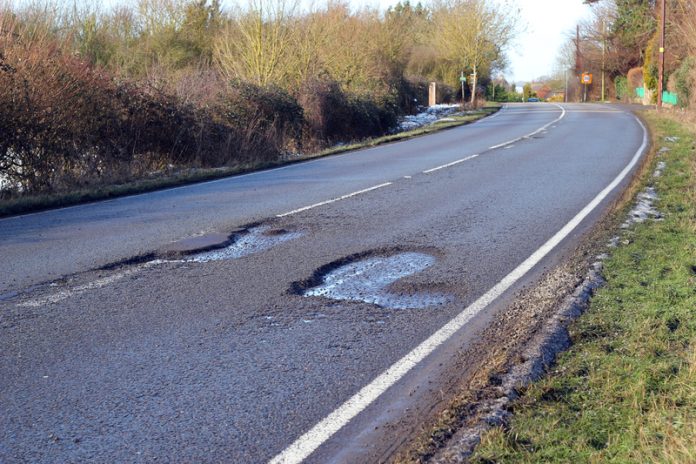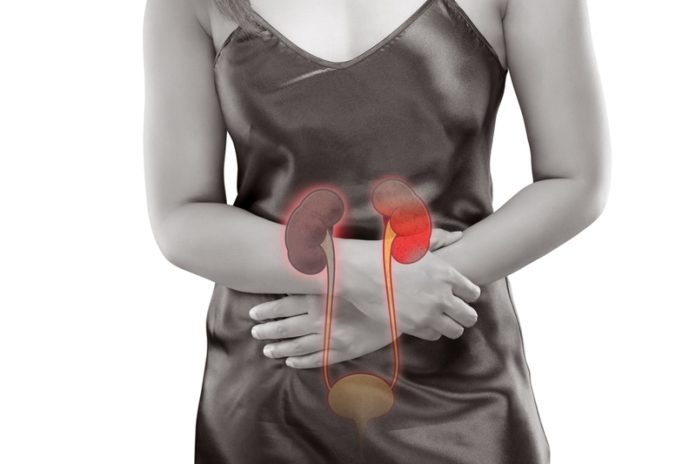Open Access Government produces compelling and informative news, publications, eBooks, and academic research articles for the public and private sector looking at health, diseases & conditions, workplace, research & innovation, digital transformation, government policy, environment, agriculture, energy, transport and more.
Home Search
AI - search results
If you're not happy with the results, please do another search
Technology in education is hindering student’s interpersonal skills
According to a recent survey, over 50% of teachers believe that technology in the classroom has hindered the interpersonal skills of pupils the most
Remortgages reach nine-year high in January 2018
The number of remortgages in January 2018 reached a nine-year high while the number of first-time buyers and home movers both increased compared to the same period in the previous year
Hidden business costs to be aware of when starting a venture
Flogas MG provides insight into how to avoid premature business failure due to hidden costs when starting a new venture
The role of the Local Enterprise Partnership in driving the economy of Swindon &...
Paddy Bradley, Director of Swindon and Wiltshire Local Enterprise Partnership details the SWLEP’s Strategic Economic Plan 2016-2026, which identifies five strategic objectives to prioritise future investment. The role of the Local Enterprise Partnership in driving the economy of Swindon & Wiltshire is placed firmly under the spotlight here
European Economic and Social Committee (EESC)
Small and medium-sized enterprises (SMEs) are the driving force of the European economy and have huge potential to contribute to its development.
Pharma R&D productivity: Discovering new medicines
CEO of Medicines Discovery Catapult, Chris Molloy provides a compelling analysis of pharma R&D productivity and the discovery of new medicines and the role that the SME sector can play in this
How to build a successful customer self-service strategy
John McMahon, Product Director at IEG4, provides recommendations on how to build a successful customer self-service strategy
New research uncovers how cancer stem cells drive triple-negative breast cancer
Researchers have identified a new stem cell pathway that allows triple-negative breast cancer to thrive, with their findings potentially pointing the way towards more effective treatments
How does the UK plan to tackle the pothole headache?
Northgate Vehicle Hire explores how authorities are addressing the pothole situation on UK roads as the RAC voices its concerns about the worsening issue
deVere CEO: Hammond’s pro-technology Spring Statement is encouraging
The Chancellor’s pro-technology Spring Statement is “enormously encouraging” for the financial sector, affirms the boss of one of the world’s largest independent financial services organisations
Precision farming market set to reach $4 billion in 2018
New insight predicts precision farming, blockchain and sensor technology will revolutionise agriculture
6 out of 10 people would consider cryptocurrency investment
Six out of 10 people with currently no exposure to cryptocurrencies would consider including cryptocurrencies like Bitcoin into their investment portfolios, reveals a new global poll
Young people put the brakes on learning to drive due to high cost
A new study has revealed that 31% of 17 to 25-year olds are holding off from learning to drive due to high expenses
International trade changes needed to tackle agricultural challenges
A conference organised by the European Committee of the Regions (CoR) in Brussels, Belgium, on 8 March has discussed the current international agricultural trade rules and how to establish fairer international trade
Government supports new litter fighting community projects
The government have awarded various councils, charities, businesses and public projects over £125,000 to tackle littering in their communities.
Latest technology supports new mums to breastfeed
Public Health England’s Start4Life and Amazon Alexa helping mothers to breastfeed for longer
Builders Merchants Federation reports apprenticeship levy success
The Builders Merchants Federation (BMF) has successfully launched Apprenticeships Plus including an Apprenticeship Training Agency to research and access apprenticeships for their members
UK’s security at risk due to increasing reliance on digital technology
Institution calls for the UK to develop a more resilient and reliable energy network to support digital infrastructure
Foreign Secretary calls on world leaders to provide quality schooling for every girl
Providing every girl with at least 12 years of quality schooling will solve many of the world’s problems, Boris Johnson told pupils during a surprise school visit on International Women’s Day
World Kidney Day shines a spotlight on women’s health
This World Kidney Day, the National Institute of Diabetes and Digestive and Kidney Diseases (NIDDK), part of the National Institutes of Health, joins organizations around the world in urging women to take action to prevent kidney disease





















